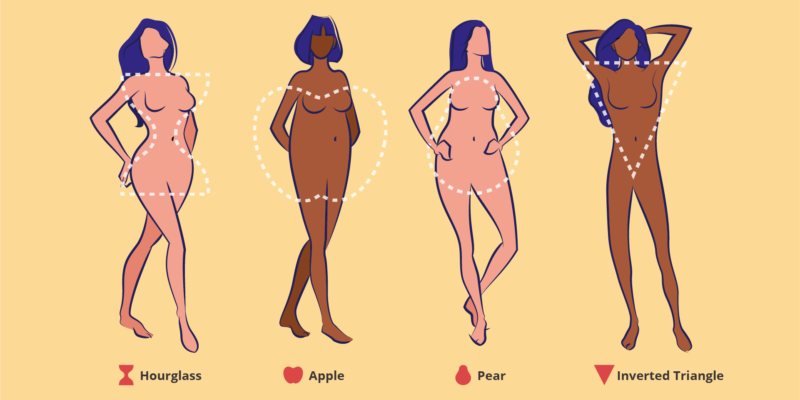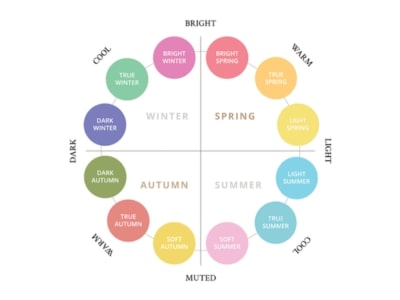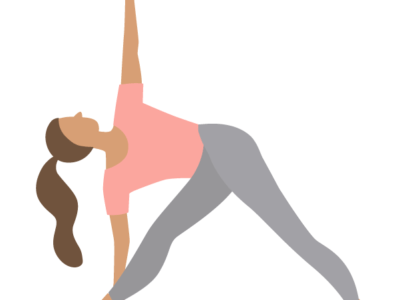Haven’t we all want to have a good health and fit our perfect pair of denims which we can’t get in anymore because of all the festivities and happiness taking space around our belly (who says food isn’t happiness…huh?).
And aren’t we the famous millennials who trust the internet for all our health problems and often the most common solution to our such snug fit problem is either crash diets or crazy exercise routines…and lets not even get started with all the fitness challenges (as if we didn’t have enough challenges in life).
One of the natural solutions to not only this but a lot of lifestyle related problems is intermittent fasting. The science of intermittent fasting is well known and has been famously researched by professionals of the medical community. The discoveries and claims suggest that the process is a simple concept of using the stored energy and allowing nutrients to be absorbed until it’s time to replenish the cycle i.e. intake of meals.
Some of the researched definitions explain intermittent fasting as the restraining of energy intermittently. It’s a diverse roof which houses various routines which are based on schedules of meal times that rhythm between voluntary fasting and non-fasting over a stipulated time window.
To put it into simpler words, it’s just not a diet or a magic potion that just helps you to get rid of toxins or something that takes away all the extra pounds…but a lifestyle where we help the body breakdown complex foods and use up all the unnecessary energy storage units in cells and still give our bodies the time for cleansing. Usually all this wizardry happens in our body between dinners at night to breakfast time the next day (this means no late night cravings or 3:00 am early morning breakfasts).
Trust us, you will feel those hunger pangs and your brain will try and convince you to re-do all the mathematics of 12 hr or 16 hr fasting periods, but we got be strong. Like Yoshinori Ohsumi (Nobel Prize winner in physiology or medicine) says “During starvation, cells break down proteins and nonessential components and reuses them for energy. Cells also use natural mechanisms to get rid of detrimental viruses and bacteria, making them susceptible to recycling. And cells use this same concept to get rid of damaged structures. Disruptions in cell’s self-cleaning is also thought to play a role in aging.”
Intermittent fasting is one-stop solution for a lot of things such as weight loss, flatter stomach, reduction in insulin resistance, increase in growth hormones, reduction in oxidation process, organ detoxification and many more.
It’s like a way of communication for your body and it manifests it in countless benefits. But just like any communication – it’s two way, and you need to respond to your body’s signal in different ways. Like having plenty of water during the fasting period, trying and getting your hands on herbal teas that have zero calories and yet help you during the fasting, or straight up black coffee with no sweeteners works well too (after all, offices have made us all run on coffee more than our will…isn’t it?).
There are mainly three types of Intermittent fasting techniques:
- The 5:2 fasting, where we eat normally for 5 days a week and then the rest two days we only consume 500 to 600 calories
- The eat-stop-eat fasting, which talks about eating normally for 5 days a week and fasting for 24 hrs for one to two times a week
- The 16/8 fasting, this is the most ideal fasting technique for people who can’t resist food and want to still make healthier lifestyle choices. This method involves limiting your eating period to just 8 hrs and 16 hours of fasting. For example: you can eat from 11am to 7pm and then you fast from 7pm to 11 am the next day.
The above-mentioned styles are based on the acceptance of your body and how comfortable you feel with the realistic goals set in your mind. Intermittent fasting is not a crash diet solution but a holistic approach to a healthy lifestyle.
Lastly, one needs to understand that though exercising and following diets is a great option but you are gorgeous irrespective, and before you attempt any method of Intermittent fasting, it’s wise to consult your doctor. Also, individuals who suffer from eating disorders shouldn’t attempt these diets without structured guidance and consultation.
Read Next :
6 Healthy Eating Habits to Help Lose Weight
And if you liked this article, sign up for a monthly newsletter. A handpicked selection of lifestyle articles delivered to your inbox.




























